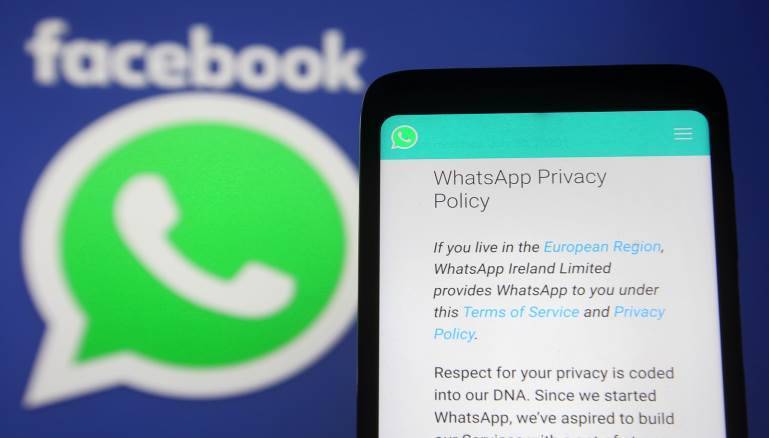The General Directorate of Internal Security Forces – Public Relations Division announced in a statement that "a number of users of the 'WhatsApp' application have recently had their accounts closed as a result of unknown individuals exploiting vulnerabilities in the app. This includes adding the victim's account to groups or sending them files and messages with foreign, incomprehensible characters or globally prohibited images, which leads to the automatic blocking of the account by the operating company for violating the terms of use."
The statement urged citizens, to avoid falling victim to similar acts, to follow the following steps:
1. Prevent unknown individuals from automatically adding you to suspicious groups by adjusting the privacy settings in "WhatsApp" using the following steps:
- Settings
- Account
- Privacy
- Groups
- Then select My contacts.
2. Reset the security settings regarding disabling the "Auto download" feature for images or videos received, whether via Wi-Fi or through Mobile Data by following these steps:
- Settings
- Storage And Data
- Media Auto Download
- Remove all options available – Photos - Audio - Videos - Documents from the following fields: When using mobile data / When connected on Wi-Fi / When roaming.
3. Activate the "two-step verification" feature and choose a secret number that the application requests periodically to confirm the user's identity – avoid forgetting it, and do not share it with anyone – by following these steps:
- Settings
- Account
- Two-step verification
- Enable.
4. Do not provide others with the "6-digit code" – received via SMS – to the user's number to activate the "WhatsApp" application, as this could lead to the application being hacked, even if the message comes from known individuals.
- Use the official "WhatsApp" application available exclusively on the official app stores for supported devices "Google Play" or "App Store," which adheres to the required security standards, and do not use any other versions.
- Do not access any suspicious or unreliable links sent from strange or unknown numbers, and immediately block those numbers.
The new terms introduced by "WhatsApp," delivered in early 2021, sparked outrage among technology experts, privacy advocates, businesspeople, and government organizations, leading to a wave of defections to competing services.




